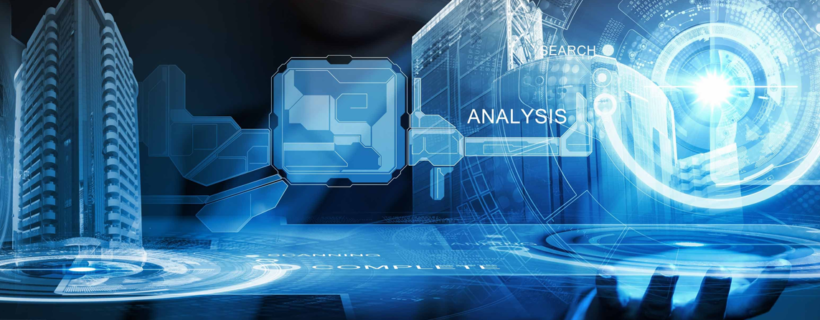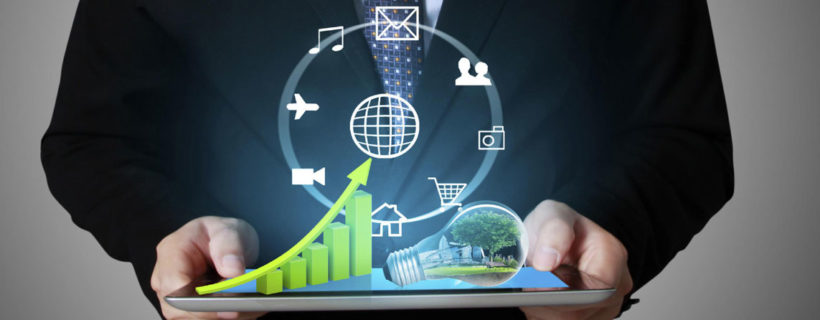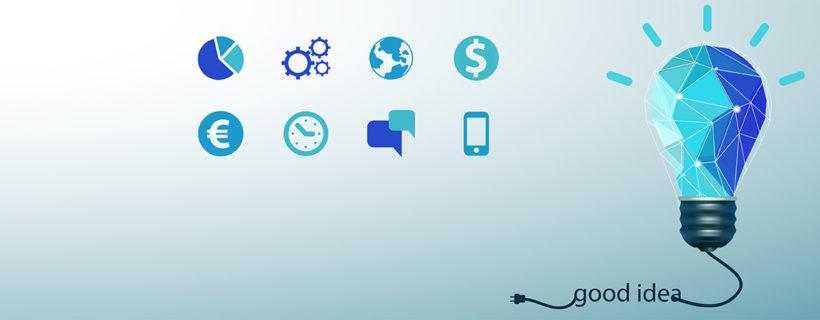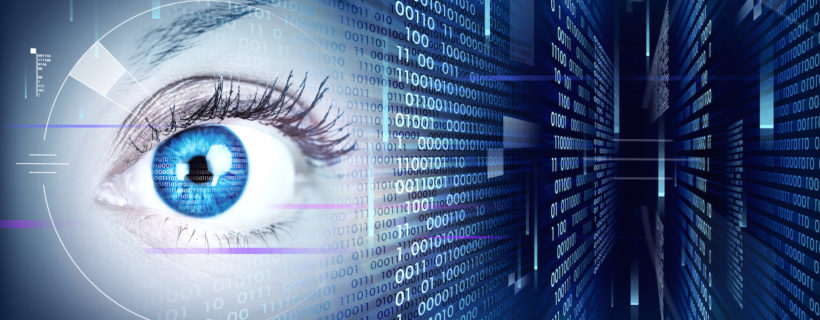The word haptic, from the Greek: ἁπτικός (haptikos), means “pertaining to the sense of touch” and comes from the Greek verb ἅπτεσθαι haptesthai, meaning “to contact” or “to touch”.
Haptic technology will be more remarkable than any breakthrough in the past technology
Haptic technology will change the way we live and interact with technology in the future. As mobile devices to act more like an extension of our body, so that the connected smart devices will act as an extension of our environments, allowing us to control the world around us in a unimaginable way.

Unavailable options often cause people to make bad choices
Especially during the holidays, online shopping can be overwhelming. Have you ever found yourself spending hours comparing nearly identical products, delving into details that don’t actually matter to you? Have ...
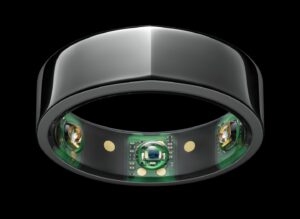
Early warning system on COVID-19 and flu using wearables
Temperature data collected by wearable devices worn on the finger can be reliably used to detect the onset of fevers, a leading symptom of both COVID-19 and the flu, according ...

€7.5 billion for Digital Europe Programme
The European Commission has welcomed the political agreement between the European Parliament and the EU Member States on the first EU programme that aims to accelerate the recovery and drive ...
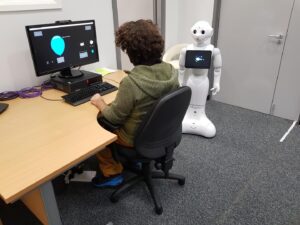
How robots can influence humans to have more courage
New research has shown robots can encourage people to take greater risks in a simulated gambling scenario than they would if there was nothing to influence their behaviours. Increasing our ...

How negative reviews affect sales
Aleksei Smirnov, Assistant Professor, HSE University Faculty of Economic Sciences, and Egor Starkov, Assistant Professor, University of Copenhagen, have constructed a mathematical model that explains why it is advantageous for ...
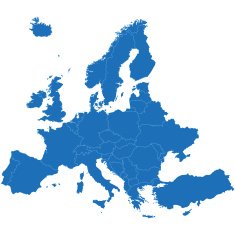
Horizon Europe the next EU research and innovation programme
The Commission welcomes the political agreement between the European Parliament and the Council on Horizon Europe, the largest transnational programme ever supporting research and innovation. The new EU research and ...
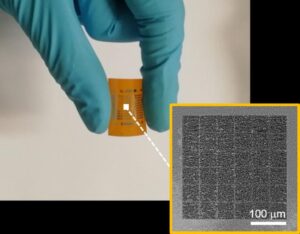
Enhancing energy efficiency of artificial synapses
A joint research led by City University of Hong Kong (CityU) has built an ultralow-power consumption artificial visual system to mimic the human brain, which successfully performed data-intensive cognitive tasks. Their experiment ...

Impact of social presence in business-to-business online chat
For a long time, companies have used cost-effective chat services in their business-to-customer (B2C) sales. Companies engaged in business-to-business (B2B) sales are also increasingly moving their activities online, but their ...

Business Travel is the real engine of global economy
New research from Harvard’s Growth Lab finds a direct link between a country’s incoming business travel and the growth of new and existing industries. The findings, published in the journal Nature ...
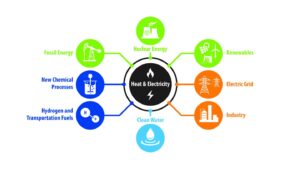
A viable path forward for hybrid energy systems
Future novel hybrid energy systems could lead to paradigm shifts in clean energy production, according to a paper published last week in Joule. Researchers from the U.S. Department of Energy’s (DOE’s) ...

Most organizations do not know how to manage the transition to a ‘new normal’
Researchers share important information and solutions related to the challenges facing human resources and system managers in a special issue of Human Systems Management This word cloud encapsulates the three key concepts underlying ...
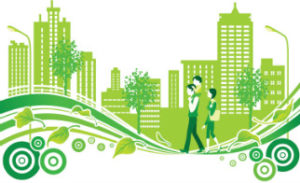
New EU Sustainable & Smart Mobility Strategy
The European Commission presented today its ‘Sustainable and Smart Mobility Strategy’ together with an Action Plan of 82 initiatives that will guide our work for the next four years. This strategy lays ...
